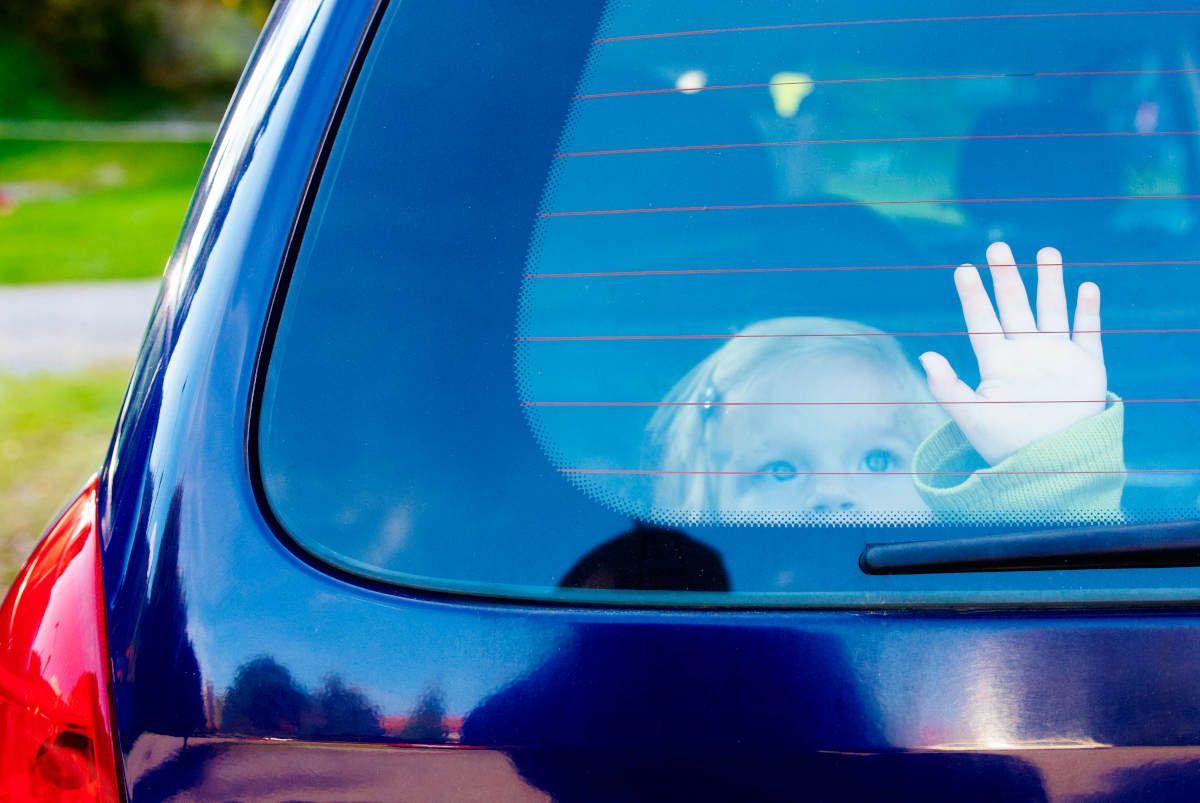Sensors to Save Babies in Hot Cars OK'd by FCC

It’s a common story, and a tragic one: A harried parent forgets about the baby in the back seat. Hours go by and the baby dies from the heat, which builds up quickly in a parked car. A four-month-old girl was in critical condition after just such an incident in Phoenix earlier this week, but an action taken by the Federal Communications Commission (FCC) may help prevent similar tragedies in the future.
The commission this week granted waivers that will allow manufacturers to build in-car radar-based technology to detect children left in dangerously hot cars and trigger alarms that could save them.
The FCC’s action allows the manufacturers to use frequencies in the 57-71 GHz band to operate the alarms.
“Technology is providing new ways for families to help keep their children safe,” said FCC Acting Chairwoman Jessica Rosenworcel. “That’s why I’m proud that the FCC can play a role in protecting kids from the avoidable danger of deadly heatstroke. With summer fast approaching, these waivers are a first step toward implementing a more permanent policy framework for promoting innovations like these life-saving auto safety technologies.”
According to the National Highway Traffic Safety Administration, children dying from heatstroke in cars, either because they were left there or became trapped, has increased in recent years. There were 52 such deaths in 2019 as well as numerous cases of lasting harm to infants. The majority of the cases are due to someone simply forgetting the child is in the car.
COVID complications
The COVID-19 pandemic has increased the risk, as some parents think it is safer to leave their child unattended in a locked car rather than taking them into a store and exposing them to other people, officials of the National Highway Traffic Safety Administration (NHTSA) said.
“The danger right now is twofold. Parents may be tempted to leave their children in the vehicle while they run errands, thinking the car is safer than a store. It’s more important than ever to remember that a hot car is no place for a child,” NHTSA Deputy Administrator James Owens said in a news release.
In 2019, more than 20 leading automobile manufacturers committed to implementing rear seat reminder systems as standard equipment in their vehicles no later than the 2025 model year.
NHTSA offered these tips to prevent hot car tragedies:
- Keep vehicles locked at all times when parked to prevent a child climbing in and becoming trapped.
- Teach children that vehicles are not a place to play.
- Never leave a child in a vehicle when running errands, not even for a minute.
- Rolling down a window does little to keep a vehicle cool, and heatstroke deaths have occurred even in vehicles parked in shaded areas.
- Bystanders can also play an important role in saving a life – if you see a child alone in a vehicle, call 911 and get help immediately.
